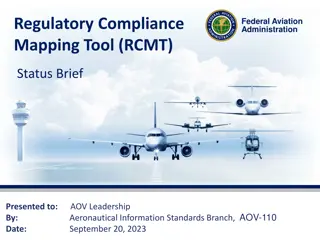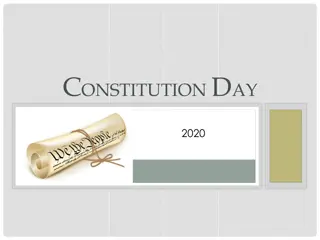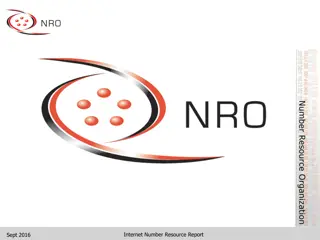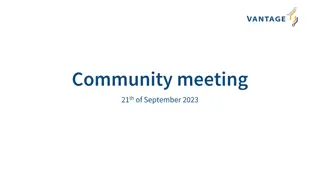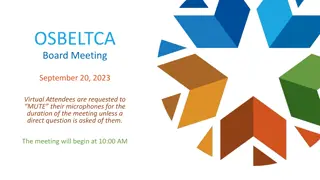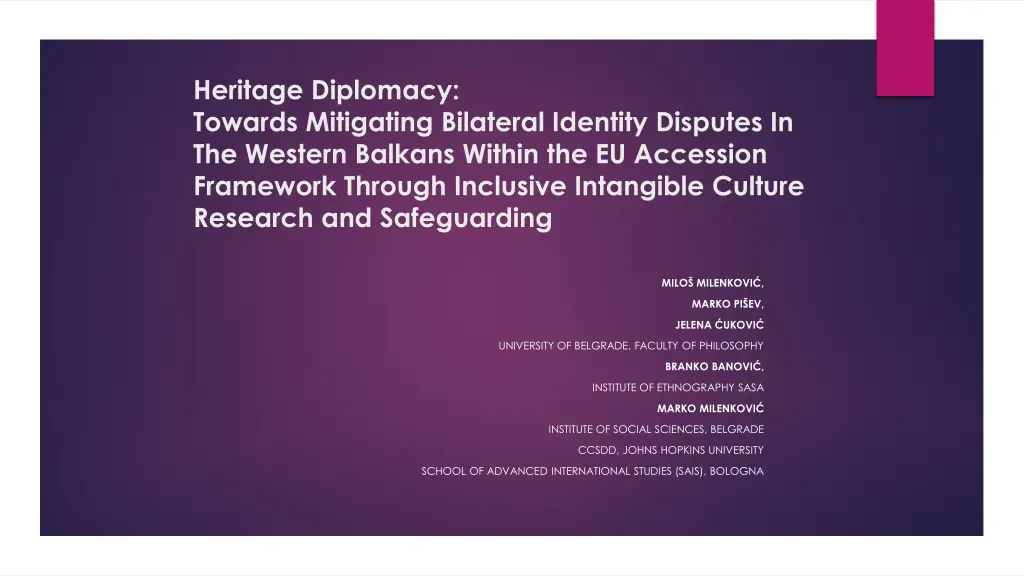
Mitigating Bilateral Identity Disputes in Western Balkans Through Intangible Culture Research
Explore the role of heritage diplomacy in mitigating identity-based disputes in the Western Balkans within the EU accession framework. The study emphasizes inclusive intangible culture research and safeguarding as tools for conflict resolution and post-conflict stabilization in the region. Various examples of bilateral disputes and the importance of protecting minority intangible cultural heritage are discussed, shedding light on the complexities of culturalized EU conditionality.
Download Presentation

Please find below an Image/Link to download the presentation.
The content on the website is provided AS IS for your information and personal use only. It may not be sold, licensed, or shared on other websites without obtaining consent from the author. If you encounter any issues during the download, it is possible that the publisher has removed the file from their server.
You are allowed to download the files provided on this website for personal or commercial use, subject to the condition that they are used lawfully. All files are the property of their respective owners.
The content on the website is provided AS IS for your information and personal use only. It may not be sold, licensed, or shared on other websites without obtaining consent from the author.
E N D
Presentation Transcript
Heritage Diplomacy: Towards Mitigating Bilateral Identity Disputes In The Western Balkans Within the EU Accession Framework Through Inclusive Intangible Culture Research and Safeguarding MILO MILENKOVI , MARKO PI EV, JELENA UKOVI UNIVERSITY OF BELGRADE, FACULTY OF PHILOSOPHY BRANKO BANOVI , INSTITUTE OF ETHNOGRAPHY SASA MARKO MILENKOVI INSTITUTE OF SOCIAL SCIENCES, BELGRADE CCSDD, JOHNS HOPKINS UNIVERSITY SCHOOL OF ADVANCED INTERNATIONAL STUDIES (SAIS), BOLOGNA
Content Increasing Bilateral Culturized EU Conditionality especially in the Western Balkans Heritage Protection as an International Instrument for Post-Conflict Stabilization - Still Unsatisfactory Results Intangible Cultural Heritage - The 'Core' of Collective Identity, 'Worth Dying For' Regional Inclusive Protection of Minority Intangible Cultural Heritage as a Sustainable Alternative?"
Bilateral Culturalized Conditionality Standard EU Conditionality - Acceptable Asymmetry Regional EU Conditionality - Unleashing Identity Conflicts?! Bilateral EU Conditionality - (Un)Acceptable Asymmetry Culturized Conditionality, Heritage, and Identity - An Inflammatory Cocktail Requiring Diplomatic Resolution
Identity-Based Bilateral Disputes Western Balkans - all disputes have an identity basis Most notable examples of bilateral culturized EU conditionality in the region: 2009 Greece vs. North Macedonia (state name) 2008 Slovenia vs. Croatia (fishing rights, coastal identity) 2012 Romania vs. Serbia (the Vlach issue) 2015 Croatia vs. Montenegro (Bokelj Navy, Bokelj identity) 2015 Croatia vs. Serbia (history and language textbooks, denial of nation, view on the war) 2020 Bulgaria vs. North Macedonia (language, denial of nation)
Minorities, identity and heritage Ethnoreligious minorities consistently and persistently seek their rights within the domain of culture and identity. The latest phenomenon - exclusion from the process of recognition, research, and protection of cultural heritage, especially intangible heritage. Realization of human and minority rights unable if they are excluded from the heritage process. Example: Serbian heritage in the Western Balkans as a source of conflict and an obstacle to development (focus of the SICHWEB project)
Anthropology and European Studies Typically, the study of: Social and cultural aspects of work of European institutions Europe's cultural diversity, the formation of a specific European identity, the active strengthening of national identities against the European one, specific topics characteristic of specific European regions. Proposed line of research: Rising multidisciplinary and cross-sectoral awareness of the role that intangible cultural heritage can play in cultural diplomacy, especially in the context of the emergence of "heritage diplomacy".
Heritage safeguarding as an instrument of post- conflict stabilization and a source of instability simultaneously Many actors involved in the WB region stabilization: UNESCO, Council of Europe, EU, OSCE, World Bank, NATO, Individual states Issue - UNESCO heritage falls under the domain of nation states, which leads to: habitual/inert exclusion or strategic exclusion of minorities from the heritage process. a) b) The open issue of Serbian and other minorities heritage in the Western Balkans
Inclusive safeguarding of minority heritage as an alternative Emphasis on INTANGIBLE heritage as the core of collective identity (language, folklore) In a series of projects, we have made progress in promoting the idea of inclusive protection of minority heritage (Bosniak, Jewish, Croatian, Hungarian) in Serbia, particularly the intangible aspects. Bridging the gap between majority and minorities in countries of the region ('Internal cultural diplomacy ) Opportunity - protecting Serbian heritage in the Western Balkans using the model of minority heritage protection in Serbia. Simultaneous and unified preservation of heritage elements shared by the populations of the Western Balkans, even while they dispute around it, as an alternative approach (Model - Ste ci on UNESCO's list of world cultural heritage)
Heritage diplomacy - an inspiration for multidisciplinary collaboration and a shift in research and development policy In the realm of daily politics, it is not realistic to expect significant progress. Both the majority and minorities have become re-traditionalized, re-folklorized - nationalism being the dominant idiom for publicly communicating cultural differences. Humanities and social sciences whose research is centered on identity are in a subordinate position and undermined in research evaluation framework. This is counter-productive However, cultural policy and research and development policy can still change when it comes to heritage safeguarding - rehabilitating the importance and impact of SSH in diplomacy. Heritage diplomacy - unifying scientific and cultural diplomacy through SSH,, in terms of research and use of cultural elements that different populations effectively share, even as they (sometimes) engage in political disputes around them
Thank you Prof Milo Milenkovic milmil@f.bg.ac.rs Dr Marko Milenkovi markomilenkovic@cantab.net






